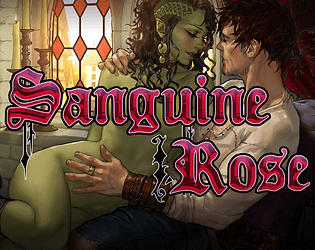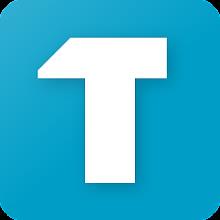EA's Origin app, launched in 2011 as a rival to Steam, is finally being replaced by the EA app. This transition, however, comes with significant caveats. The clunky user experience and frustrating logins that plagued Origin haven't been entirely resolved. Worse, users who haven't migrated their accounts from Origin to the EA app risk losing access to their purchased games.
This shift also leaves 32-bit system users behind, as the EA app only supports 64-bit operating systems. While Steam also dropped 32-bit support earlier this year, leaving a small number of users affected, the vast majority of modern PC users are unlikely to be impacted. Systems with more than 4GB of RAM almost certainly use a 64-bit OS. Users on older 32-bit systems will need to reinstall their operating system to access their games.
This situation highlights concerns about digital ownership. Losing access to a game library due to system changes is frustrating. This isn't unique to EA; Valve's Steam platform also dropped 32-bit support.
The issue is compounded by increasingly prevalent invasive digital rights management (DRM) solutions like Denuvo, which often require deep system access or impose arbitrary installation limits.
A potential solution is to support platforms like GOG, which offers DRM-free games. Games purchased on GOG remain accessible regardless of hardware changes, offering true digital ownership. While this approach presents challenges for developers in preventing piracy, it hasn't stopped new titles, such as the upcoming Kingdom Come: Deliverance 2, from being released on the platform.















